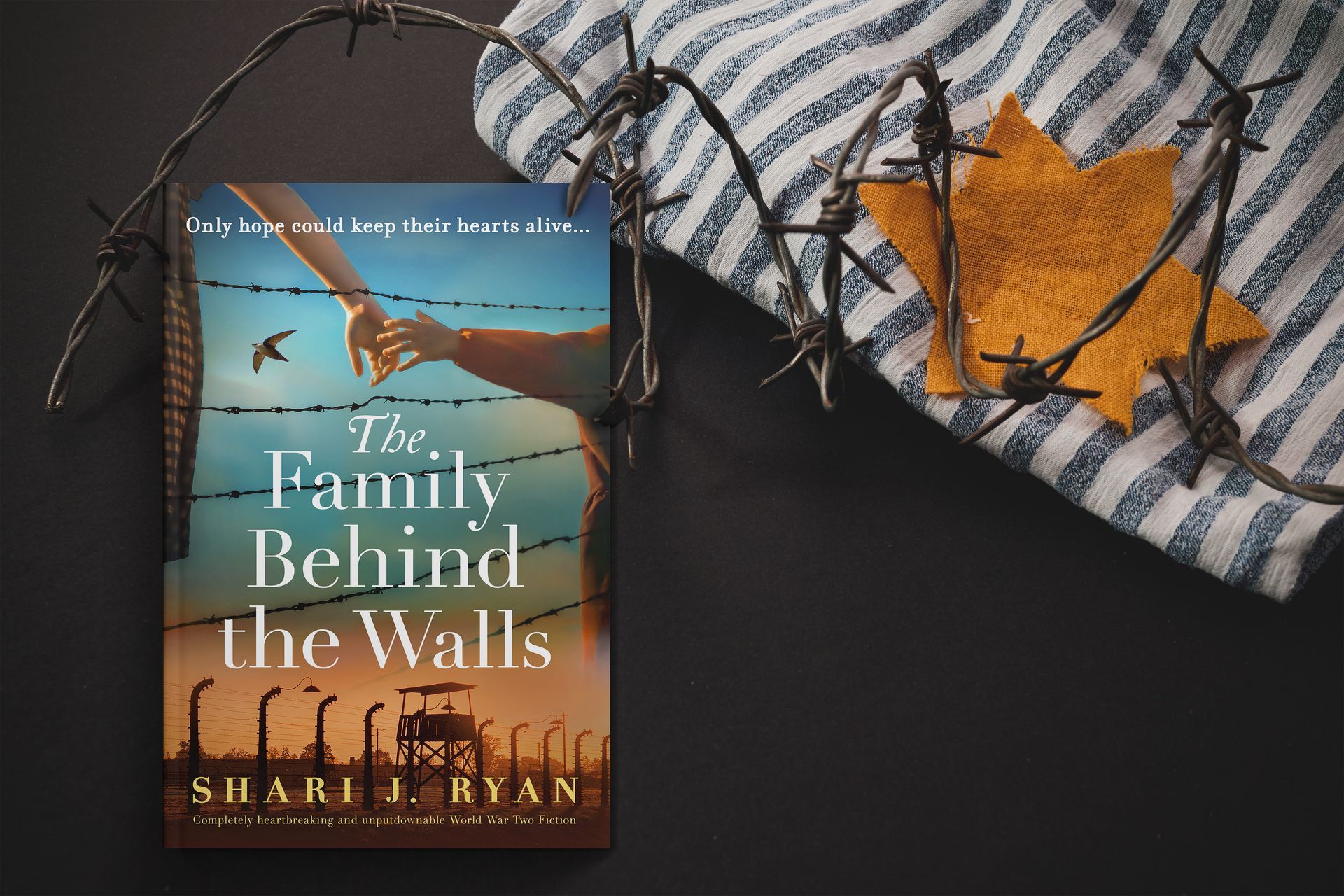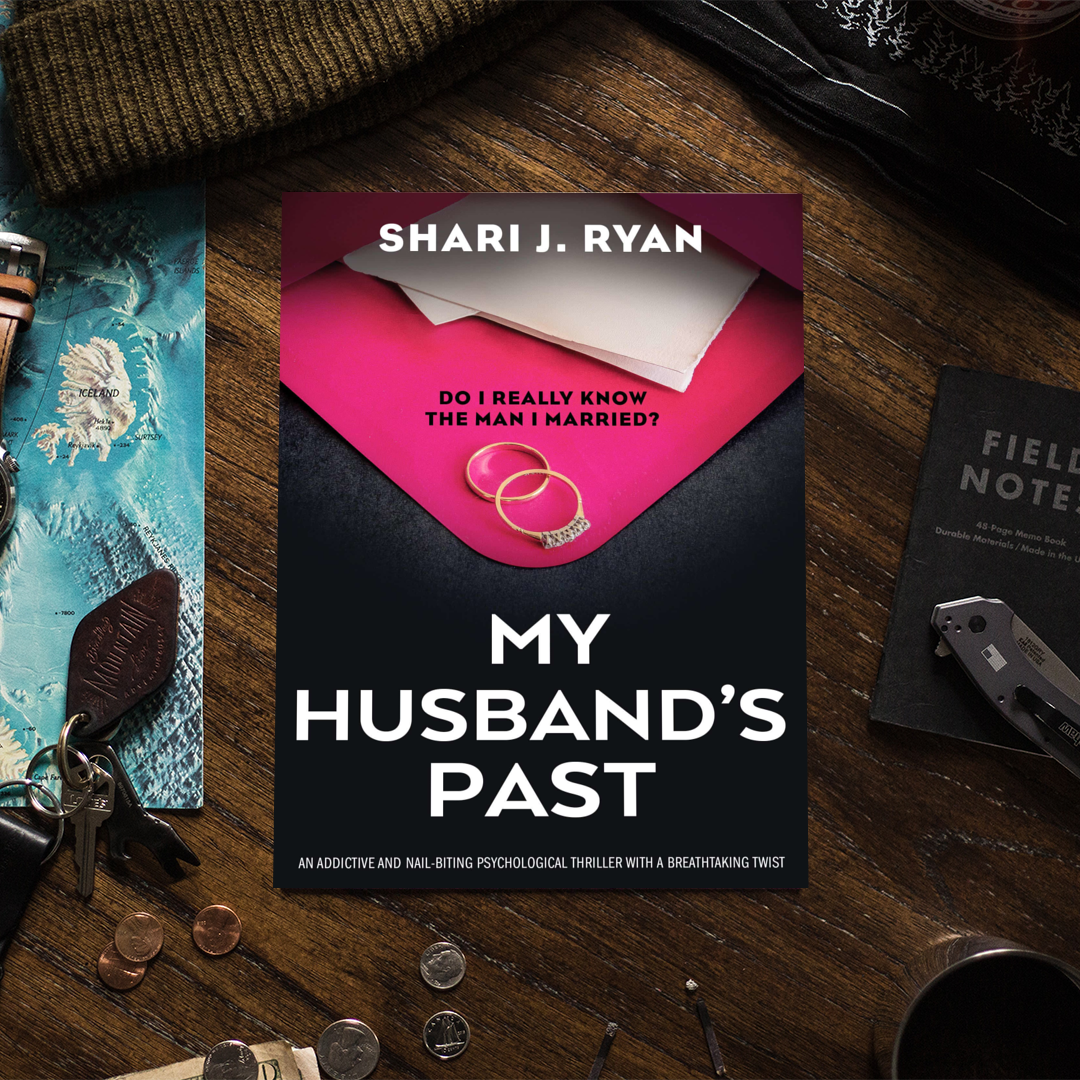Black History Month: There was a shortage of US nurses during WW2, but here's why ...

Photograph Credit: "Hospital Apprentices second class Ruth C. Isaacs, Katherine Horton and Inez Patterson …” - National Archives Catalog created: 3/2/1945
What I’ve learned over the last six months is that research is an endless hallway with an infinite amount of doors to walk through, and each door contains a new revelation.
There were many days while writing Last One Home that I became so sidetracked through unraveling history, I ended up learning far more than ever intended.
One article I pulled up on my screen stuck with after I moved on to the next point of research. I hadn’t considered the fact that there was inequality between African American nurses and white nurses. I should have assumed as much since the 1940s era was a time when people turned a blind eye to acts of discrimination, but in my mind, the United States was heading over to Europe to help fight against Hitler, a dictator who hated for the sake of hating, while we had many issues to solve at home too.
Before I stumbled upon this enlightening article, I was thumbing through a mix of other articles written about the lack of American nurses during World War II. The country needed more nurses, but we came up short. Off the bat, I assumed that because so many men were being drafted and deployed, women could not take on a career. And while this was the case many times, it was not the only reason the United States was in desperate need for more nurses.
I had to stop in my tracks when I came across an article titled: “ African American Nurses in World War II.” It wasn’t the title that shocked me, but the content I read within. My eyes widened with each paragraph I read, learning another depressing fact of how low humanity can stoop. Though many eligible African American women met the requirements to enlist in the Army Nurse Corps, most received rejection letters in the mail because there was a lack of regulation pertaining to African American nurses. The growing issues with racism was not only causing segregation and inequality but also creating situations where the amount of casualties (soldiers of all skin colors) coming home daily couldn’t receive the necessary care with the lack of nursing personnel. Losing American lives due to lack of medical help wasn’t enough of an eye-opener for the country to stop the continuous acts of discrimination.
When the country saw the light of an immoral disconnection—one causing insufferable damages, the solution was not enough to make a difference in the growing situation. In fact, it seems the changes to “remove” acts of segregation made matters worse.
In 1941, after decades of African American nurses fighting for equality, the country finally allowed a few of these relentless female nurses into nursing positions. However, the African American women who enlisted to the Army Nurse Corps were about to find out how little progress the country made toward diminishing acts of racism, but also the fact that they would not be used to their potential.
Forty-eight African American nurses were assigned to duty at Camp Florence in Arizona to a German POW camp where they would tend to the Nazi prisoners who required minimal medical care. The country used this opportunity of growth to fix another issue at hand. African American nurses were the “resolution” to cease fraternization between German soldiers and white nurses. It was a hard pill to swallow for the forty-eight African American nurses who received assignments for such an unthinkable task of caring for the “enemy.”
African American nurses came to realize they were being treated worse than the German prisoners of war. Still, they continued with their assigned duties, feeling the weight of defeat day after day, even when some nurses had higher ranks than the white nurses being deployed and used at higher capacities. Not only did the African American nurses have skills that were being wasted on minor medical issues pertaining to German Nazis, but when American men were losing their lives faster than the country could keep up with, these skilled women were not called upon to help where needed. The African American nurses assigned to the POW camp were essentially held as prisoners alongside the captured Nazis while the rest of the country was uniting to serve and protect.
I can’t imagine a life of being judged by skin color. It’s not a life anyone should have to endure. Sadly, though we have come quite a way since the 1940s, racism still exists, as does anti-Semitism, feminism, and many other forms of cultural, religious, and social discriminations. To know what the generations before us fought for, and yet still bear witness to this behavior, is beyond words. I know many of us would love to change the way the world sees each other, but until we are color blind and accepting of all people—only souls within bodies, the fights once endured, the burdens carried, and the hate that scarred—will only allow “history” to bleed into our present.
Throughout this research, I kept saying to myself: this is ridiculous. What was the purpose? What did anyone gain from hatred and racism? There has never been an answer. The United States only suffered then, and will continue to suffer loss because of these actions.
I hope the future generations are blind to color, race, religion, gender, language, and any other particle of life that makes a human unique.
To love all … is the only way forward.
INDUSTRY NEWS
Blog


